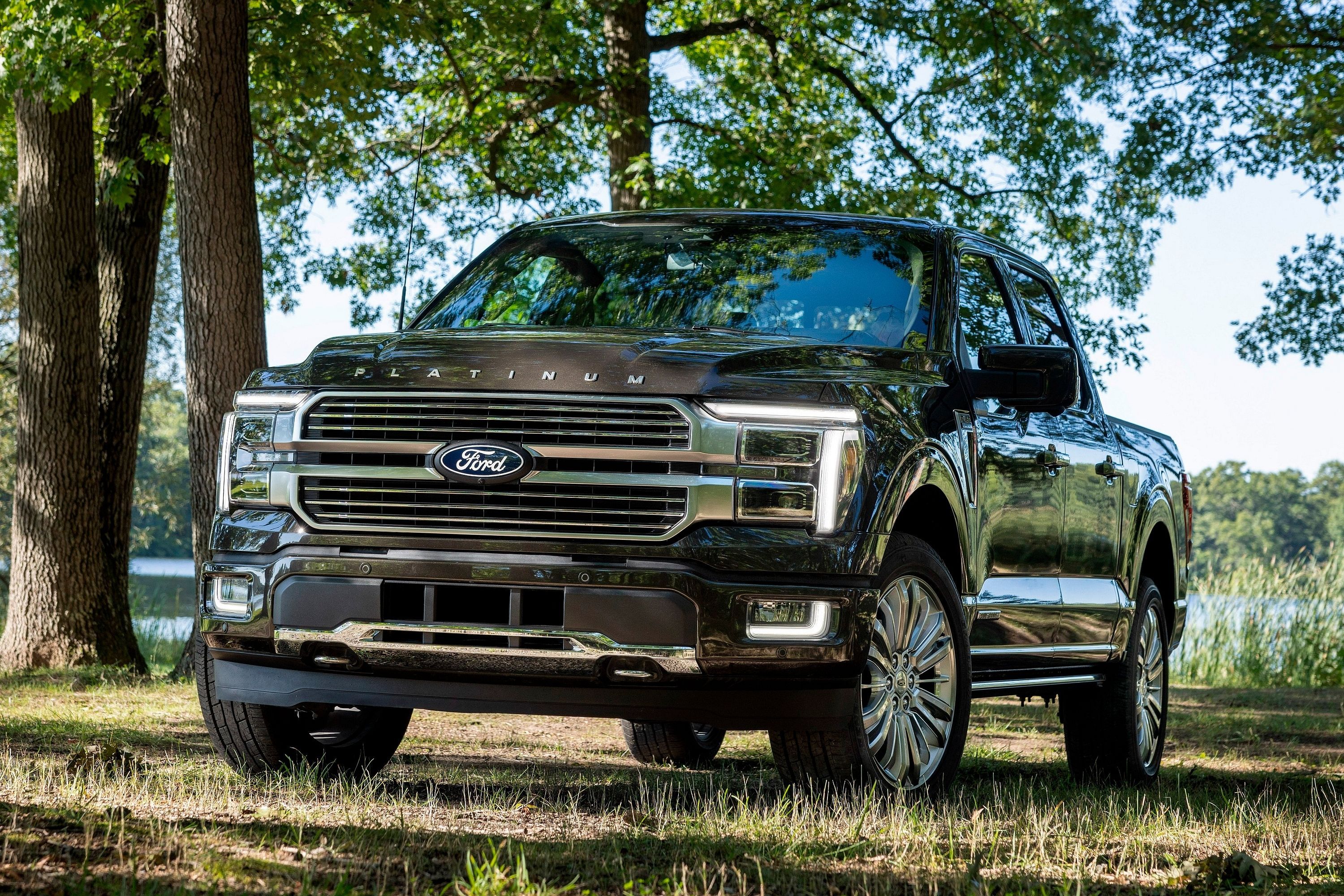
People don't buy pickup trucks for fuel economy. That's what hybrids, plug-in hybrids and EVs are for. Pickup trucks are designed and engineered to actually do things aside from driving around town; they get the tough and dirty tasks done. That's what millions of customers seek every year, but why should they also be penalized at the pump, too? They shouldn't and automakers, at the federal government's demand request, have made their pickup trucks more efficient than ever. Ford's commitment to fuel efficiency is not new and trucks like the Ranger and F-150 are powered by various EcoBoost turbo engines. Score some MPG points, right? Not exactly.
As we previously reported, there have been discrepancies regarding fuel economy ratings for the new Ranger. Ford's claimed figures don't pan out in reality according to certain owners, which is why a class-action lawsuit against Ford has been filed seeking $1.2 billion.
According to the Detroit Free Press, a Seattle, Washington-based law firm, Hagens Berman, filed the suit on behalf of 2018 and 2019 Ford F-150 owners. They claim Ford falsified fuel economy tests and, as a result, owners are now spending an extra $2,000 in fuel. The lawsuit also includes 2019 Ranger owners. "We did the math and based this lawsuit on our own independent research. Ford's fuel economy promises are all smoke and mirrors," said Steve Berman, managing partner of Hagens Berman. "Ford's lies about the F-150 are masking the truth: Consumers are paying far more for these trucks than meets the eye. Over the lifetime of the vehicle, we believe F-150 owners are paying more than $2,000 more for fuel."
Earlier this week, a Ford spokesperson said the automaker had not yet been served the filing and that "what was announced today appears to be similar to two other filings by the same law firm in the same court. I'd ask you not to confuse claims with merit."
This whole thing goes back to last February when Ford said its employees, through an anonymous reporting process, had concerns about the way the company calculated road loads. The Environmental Protection Agency (EPA) uses that data to help determine miles per gallon ranges. Ford soon began an internal investigation to determine whether its vehicles have worse gas mileage and emit more pollutants than what the labels state going back to the 2017 model year. Last April, the US Justice Department opened a criminal investigation into Ford's testing processes for the 2019 Ranger. This investigation focused on Ford's road-load estimates.
This latest lawsuit also alleges a road-load problem for the F-150 that resulted in overstated fuel economy mileage figures, specifically by 15 percent for highway and 10 percent for the city. The lawsuit says, given the 150,000-mile lifetime of a truck, city and highway driving would consume an extra 821 and 968 gallons, respectively. With a national average of $2.79 per gallon, that amounts to an extra $2,290 in fuel costs for the city and $2,700 for the highway.
Check out the best gas mileage truck.
